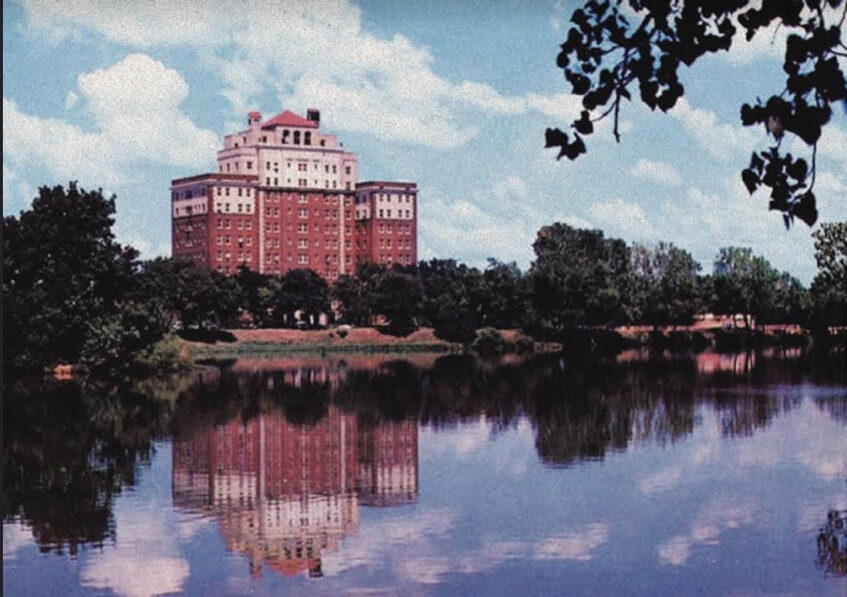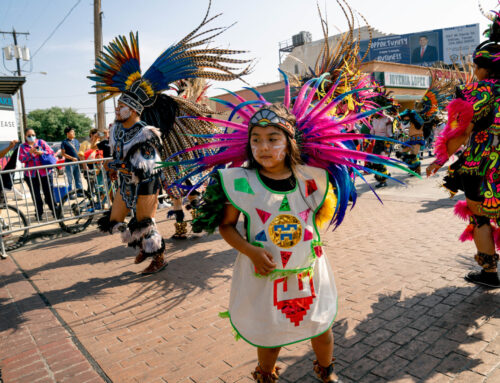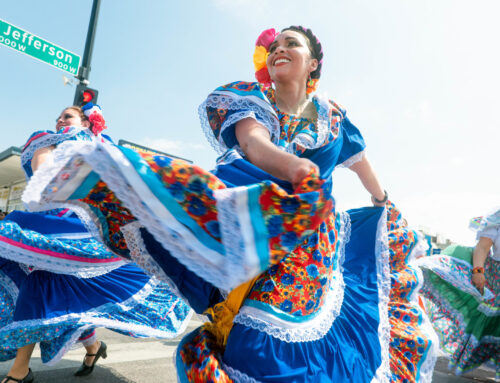An Oak Cliff author and historian will host a free community discussion Thursday at the Kessler Community Church.
Greg Hasty, author of Oak Cliff and the Missing Pieces, will read, discuss and sign copies of his latest book starting at 7:00 p.m. March 14.
The book reading and conversation is free, and copies of he book will be available for purchase for $25. Those interested in attending are asked to register with Heritage Oak Cliff here.
Hasty’s book includes over 125 biographies of people who have made notable contributions to Oak Cliff, and most are accompanied by photos that have rarely been seen by the public before.
“Each one of these biographies tells the story of that individual, where they were from, what they did, when they were in Oak Cliff and why they’re celebrated,” Hasty told the Advocate after the book’s release. “So that, in itself is exciting to me because there’s a lot of photographs that were provided by Oak Cliff residents.”
In addition to detailing the celebrity alumni of Oak Cliff, Hasty will also talk about this eyewitness account of the JFK motorcade shortly before the assassination.
For a sneak peek into all Hasty knows about the neighborhood, here’s what he told us earlier this year about the history of gambling in Oak Cliff.
According to Greg Hasty, author of Oak Cliff and the Missing Pieces, establishments along the Trinity River and Fort Worth Avenue were known for selling liquor and hosting craps games during the 20s and 30s.
“There was very little scrutiny over there. I think there were people being paid off” he says. “Because nobody did anything about it.”
Two of Dallas’ leading gangsters during the prohibition era were men named Benny Binion and Herbert Nobel. Binion held a monopoly on the Dallas gambling scene, running policy wheels and craps games and taking 25% of the cut from each game.
Nobel worked security for a gambling operator who was killed by Binion after encroaching on the boss’s territory. But Nobel, who lived in Oak Cliff, liked the money he saw coming in from the games, and decided to take his chances running games in his own neighborhood.
“He was the perfect type of guy to lead an underworld type business because he had smarts, he had the connections. He had experience working for (a gambling operator) and he had a pretty fertile ground over there in West Dallas where he was operating,” Hasty says. “All of the elements that you would want to have a successful mob and gaming operation were there for Noble.”
Disagreements and turf wars between Binion and Nobel would lead to eleven assassination attempts on Nobel’s life, earning him the nickname “The Cat.” Eventually, he lost his life to a mailbox explosive in 1951 at age 42.
By the time Nobel was killed, Binion was no longer in Dallas. Years before, he’d moved to Las Vegas after seeing the “writing on the wall” as Dallas officials began to finally crack down on illegal gambling in the 1940s.
“I had no idea there was mob activity in Oak Cliff and the extent to which it went was far beyond my wildest dreams,” Hasty says. “I thought Bonnie and Clyde were just kind of amateur bank robbers, which they really were. But Noble was mysterious. He was the real deal.”






